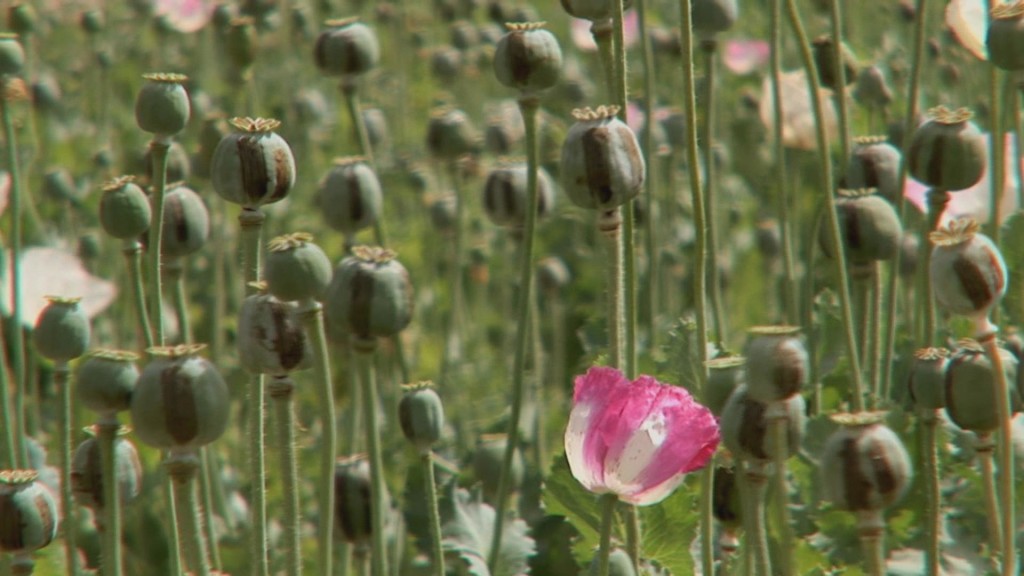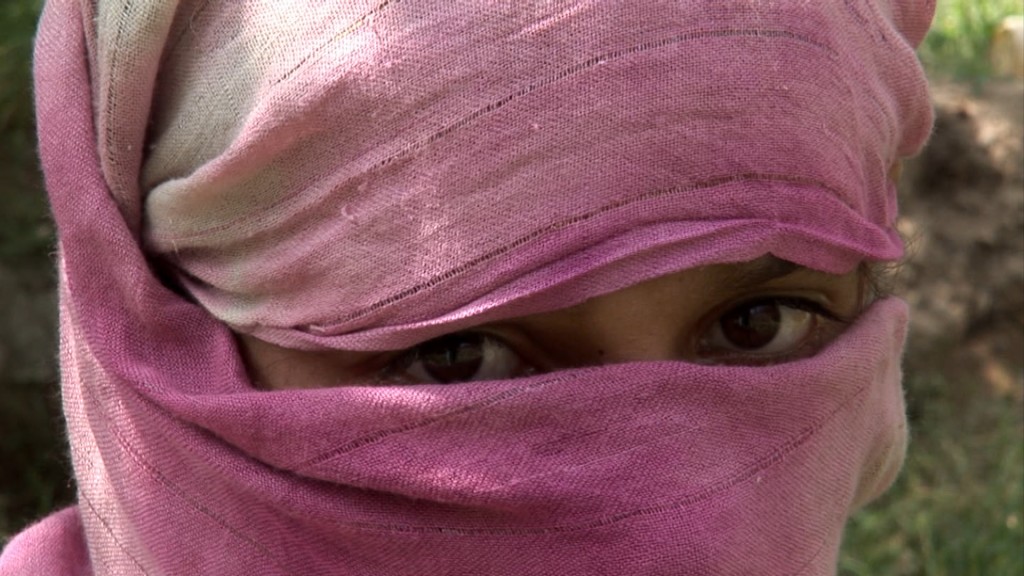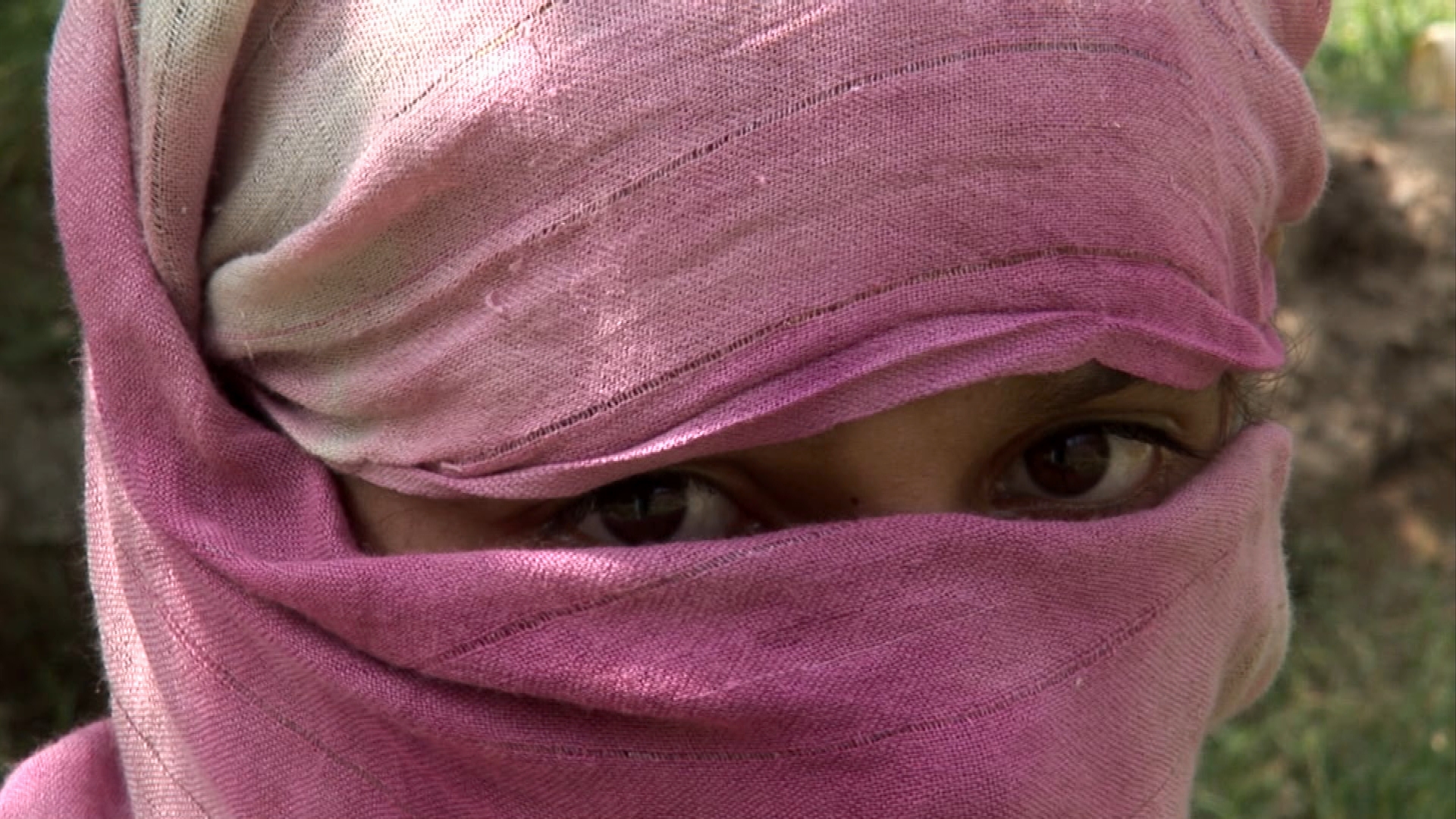Poppy Eradication in Afghanistan on the Rise

May 21, 2012
Share
Poppy eradication in Afghanistan has nearly tripled in the past year amid violent resistance from farmers, as NATO prepares to hand over security responsibilities to the government, according to a recent United Nations report.
Poppy is a major source of revenue in Afghanistan, which produces 90 percent of the world’s opium supply. But it also funds the Taliban, fuels corruption, and discourages farmers from growing food. President Hamid Karzai has called poppy farming the “single greatest challenge to long-term security” in the country.
The government, which is backed by NATO forces, has a program to destroy the crop. A recent report by the United Nations Office on Drugs and Crime and the Afghan government’s counter-narcotics ministry, showed that teams led by the provincial governments eradicated roughly 9,398 hectares this year. Last year at the same time, the teams had eradicated only 3,386 hectares of poppy, it said.
The figures are still small compared to the amount of poppy grown in the country. A U.N. assessment estimated that in 2011, poppy cultivation covered an estimated 131,000 hectares in Afghanistan. The assessment said that production was expected to increase in 2012 in some provinces.
FRONTLINE has reported on why eradication isn’t the answer to the poppy problem. The May report showed that the program has also led to violence. Government teams have been met by fierce resistance from farmers trying to protect their crops. They have attacked eradication teams, laid down mines, flooded poppy fields and staged demonstrations.
In a recent FRONTLINE film, Opium Brides, we looked at reasons why some farmers might fight back. We interviewed men who took loans from drug smugglers to plant poppy crops. When government forces destroyed their crops, the farmers lost everything — and found themselves deep in debt to dangerous men. To pay back what they owed, some were forced to give their young daughter or son to the warlords.
Watch the film and see our full coverage of Afghanistan’s poppy problem here.

Related Documentaries
Latest Documentaries
Related Stories
Related Stories
Explore
Policies
Teacher Center
Funding for FRONTLINE is provided through the support of PBS viewers and by the Corporation for Public Broadcasting, with major support from Ford Foundation. Additional funding is provided the Abrams Foundation, Park Foundation, John D. and Catherine T. MacArthur Foundation, Heising-Simons Foundation, and the FRONTLINE Trust, with major support from Jon and Jo Ann Hagler on behalf of the Jon L. Hagler Foundation, and additional support from Koo and Patricia Yuen. FRONTLINE is a registered trademark of WGBH Educational Foundation. Web Site Copyright ©1995-2025 WGBH Educational Foundation. PBS is a 501(c)(3) not-for-profit organization.























